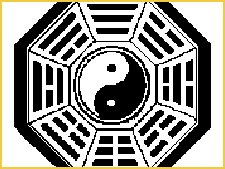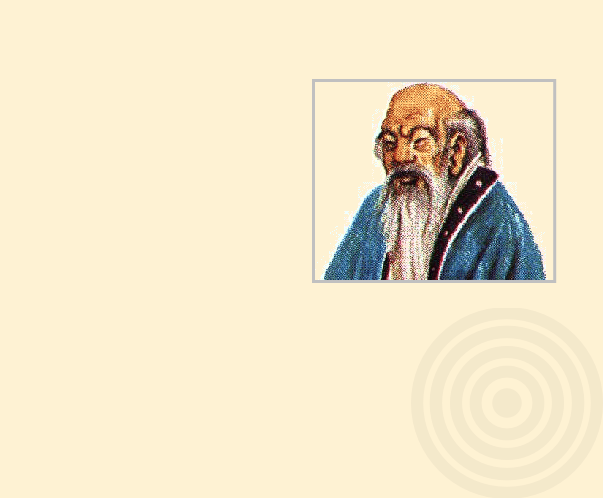


Good Health!

CHINESE FITNESS & HEALTH
Welcome to our help site for all those interested in health, fitness and self-defence. Here you will find the most basic information you need, links, media references and much more. We hope that you both enjoy and benefit from this. Love & Peace.



Tao | The WAY of Nature
“Dao” is made of two characters. One means to follow or to run and the other is a human face. In this way it can be translated as a person moving along a path. It can also be thought of as the path or (Universal) Way itself. >>>

There are various branches, sects and schools of Taoism, each to their own, but they are all based on the simple beginnings, the “practical philosophy” of Tao. Originally it was a simple “lay science” that uses images and analogies.
There are many versions of Lao Tzu’s ‘Tao Te Ching’ (The Way of Nature’) but only one book we know of that explains the philosophy and basics: ‘Practical Philosophy of Tao’.

This implies that trying to name something that is so huge or boundless is futile. Tao is literally “everything”.
Lao Tzu spent many years studying life on Earth, human behaviour and even the seasons and their effects. Ho noted down some very wise sayings, like “The poor ruler enslaves his people, therefore they rebel against him. The wise ruler sets his subjects free, therefore they follow him.” The Yellow Emperor did just that, helped his people towards better lives. It worked so well that he became a student of Tao too and set about correlating all the facts and information that he could find and even had dedicated helpers, two male and three female. Together they gathered facts from across China - an enormous task in those days! They studied farming, irrigation, weather, seasons, schooling and even relationships and brought their findings forward to all the people. This is why Taoism has always been so popular in China.
Lao Tzu and the Yellow Emperor are just two of the many famous people who dedicated their lives to studying Tao so that they may bring knowledge to others. The recognised “seat” of Taoist studies today is Mount Wu Tang, or Wudang, in central China. Here you will find old Taoists that live in seclusion and survive to a ripe old age on herbs from the jungle, water and Qigong alone. The mountain is also a big attraction for tourists from around the world.
The great Taoist Sage, Lao Tzu, said in his script ‘Tao Te Ching’, “Tao that can be named is not the true Tao…”